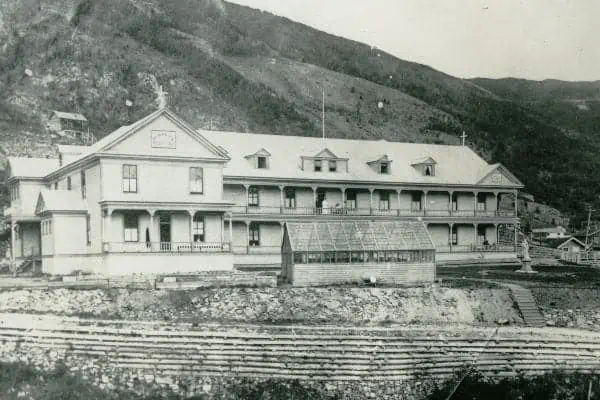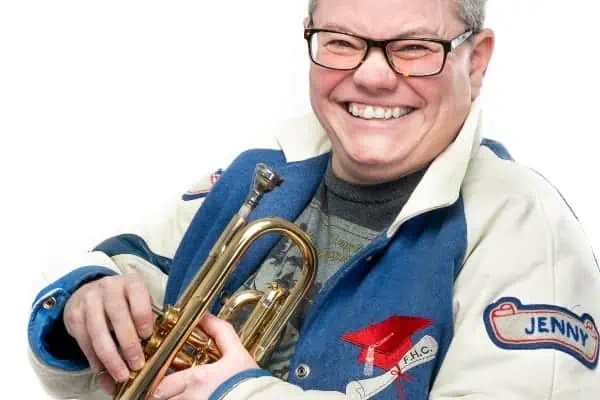George McConkey has a new album out that displays his song writing ability and features some great classic tunes. More on that later, first, a digression.
I’m a humble little bit of tin and horn/I’m a byword, I’m a plaything, I’m a jest;
The virtuoso looks on me with scorn/But there’s times when I am better than the best.
~Robert W. Service, The Song of the Mouth Organ
Powerful words, written by a man who knew a thing or two about putting them together. The title of the McConkey’s album comes from this Service poem and creates a thesis that forms the foundation of his CD, Tin and Bone.
The harmonica, the harp, the mouth organ, the harpoon … all are words that essentially describe the one nondescript instrument that you can equally tuck in a pocket or dirty red bandanna.
In the mouth of a novice or child, treated as a toy, it can sound a racket, but in the hands and with the breath of a true acolyte it can equally express pain and joy with seemingly breathless abandon.
St. Anne’s Reel and Mystery Train both provide a clear example of this energy. My favourite on the album is Lost John: just a voice, a harmonica and a driving stomp.
Check out the song Mariposa to see how a harmonica can sing. McConkey exposes us to an openness of tone and nuance from this instrument that take on the character and expressiveness of a butterfly itself. It has a halting bittersweet tone, but allows enough sunlight and warmth through to remind you of a summer — in the middle of a winter — afternoon.
McConkey is a natural singer and songwriter. Up On The Dempster and Summer People expose his perspectives on living and working in the Yukon. These songs both have an unmistakable down-to-earth feel.
More than just a country singer, McConkey moves easily in the genres of folk and blues.
On the track Trouble No More, a Muddy Waters cover, he employs a miking technique that is immediately recognizable as a Chicago blues sound … Chicago by way of Dawson City that is.
There is a bounce to many of these songs: his compositions and the ones he chooses to cover. I would take the song Sitting On Top Of The World and go as far as to say one could easily cakewalk to it. Sometimes a blues song moves you in an opposite direction. Sometimes you need a little cakewalk in your life to realize this.
“… and now she’s gone, but I don’t worry ’cause I’m sittin’ on top of the world”.
Tin and Bone closes with an interpretation of Robert Services’, The Song Of The Mouth Organ. Not only is it a rare treat to hear Service spoken aloud, but with McConkey’s harmonica soundtrack the magic to the listener is doubled.
Check out George McConkey on the web at www.myspace.com/georgemcconkey. Tin and Bone can be found at all fine local CD purveyors.




